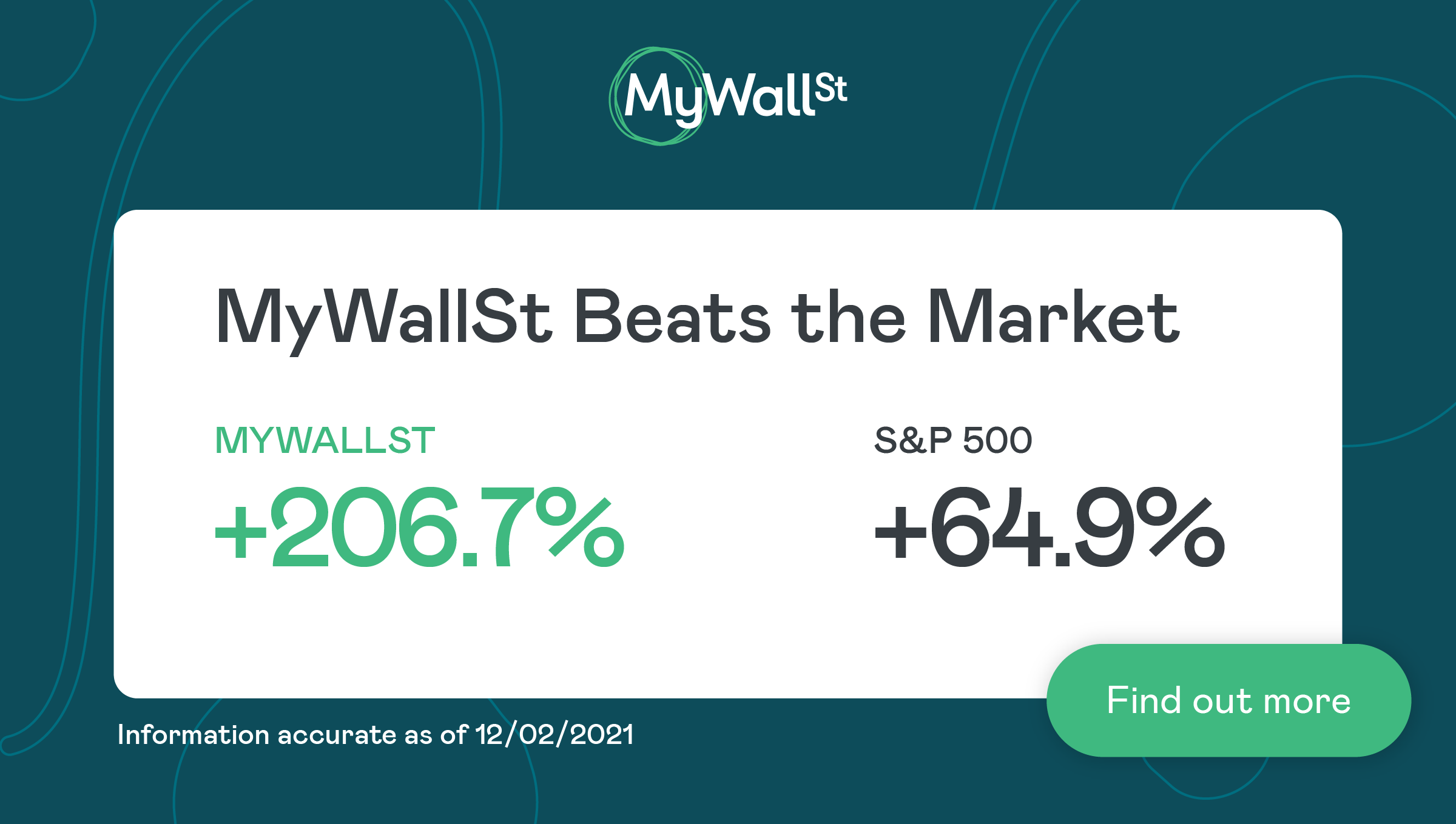Duolingo’s upcoming IPO was not the public debut we asked for in 2020 — *ahem* Stripe — but it could be the one we need.
This article was originally written by MyWallSt. Read more market-beating insights from the MyWallSt team here.
The no-nonsense nature of its S-1 filing, as well as a to-the-point letter to potential investors from CEO and co-founder Luis von Ahn, highlight this company’s intentions. It is a language learning app — no more, no less. No “elevating consciousness” or “changing the world”, as we’ve seen from many puffed-up filings in recent years.
However, does that make investing in its IPO a good idea?
What does Duolingo do?
If you’ve never been passive-aggressively assaulted by the Duolingo owl before, then you likely don’t know what the company does.
In its own words: Duolingo is a language-learning website and mobile app, as well as a digital language proficiency assessment exam. You can read more about this and when exactly Duolingo is going public here.
How many users does Duolingo have?
The company has an estimated 500 million downloads and around 40 million monthly active users. Year-over-year (YoY) user growth between Q1 2020 and Q1 2021 amounted to 101%.
Is Duolingo profitable?
No, Duolingo is not yet profitable, despite its revenue increasing from $70.8 million in 2019 to $161.7 million in 2020, a 129% jump. In Q1, the company also doubled its year-over-year revenue, from $28.1 million to $55.4 million.
However, net losses are also on the rise as the company scales up its growth. In Q1 of this year, Duolingo had net losses of $13.5 million, significantly higher than the $2.2 million loss it generated in the same period last year. Meanwhile, from 2019 to 2020, the company’s GAAP net losses expanded from $13.6 million to $15.8 million as it began spending more on innovation and marketing.
How much will Duolingo shares cost?
Duolingo is targeting an IPO price range of between $95 and $100 per share, having raised its outlook from its previous range of $85 to $95 per share. The company has also outlined its plans to raise $100 million from its IPO.
But is Duolingo worth watching when it IPOs?
Here at MyWallSt, we have a policy that we never invest in a company until it has released at least two quarterly earnings reports as a public company. This is because we wish to avoid the general volatility that surrounds a stock following its going public, as well as giving us a good look into its financial performance and spotting any trends.
However, it is certainly a company to keep an eye on, with just 400 employees and low production costs synonymous with software companies, net margins have been improving as revenue more than doubles and losses rise minimally in unison.
With an already massive and still growing brand, little competition in the space, and improving margins, it’s definitely worth considering for a shortlist.
MyWallSt gives you access to over 100 market-beating stock picks and the research to back them up. Our analyst team posts daily insights, subscriber-only podcasts, and the headlines that move the market. Start your free trial now!
Disclaimer Past performance is not a reliable indicator of future results.
CMC Markets is an execution-only service provider. The material (whether or not it states any opinions) is for general information purposes only, and does not take into account your personal circumstances or objectives. Nothing in this material is (or should be considered to be) financial, investment or other advice on which reliance should be placed. No opinion given in the material constitutes a recommendation by CMC Markets or the author that any particular investment, security, transaction or investment strategy is suitable for any specific person.
The material has not been prepared in accordance with legal requirements designed to promote the independence of investment research. Although we are not specifically prevented from dealing before providing this material, we do not seek to take advantage of the material prior to its dissemination.
CMC Markets does not endorse or offer opinion on the trading strategies used by the author. Their trading strategies do not guarantee any return and CMC Markets shall not be held responsible for any loss that you may incur, either directly or indirectly, arising from any investment based on any information contained herein.
*Tax treatment depends on individual circumstances and can change or may differ in a jurisdiction other than the UK.
Continue reading for FREE
- Includes free newsletter updates, unsubscribe anytime. Privacy policy






